13 Comment
What age is too young for formal education? What is more important – social skill or academic skill development? Who should take prime responsibility for teaching letters and numbers – daycare/kindergarten teachers or parents?
I have always wondered these things starting thinking more about it after recently speaking to one of the teachers in my daughter’s pre-school class. She has been in the industry for 33 years and said it was getting more difficult as the expectations on teachers was becoming greater. She said not a day went by when a parent didn’t complain about something (too much drawing/ not enough drawing/ too many stories/ not enough stories/ too many casseroles/not enough warming foods – you get the picture).
My daughter’s current class contains a few 3 years olds, lots of four year olds and a couple about to turn 5. All of these children head to school next year for prep so there is a set curriculum that must be followed and certain milestones that must be reached. Great in theory and concept but not always easy to undertake with a variety of levels in a class of 24 with two teachers.
Currently my daughter’s class has 3 children with incredibly limited English language skills (two have quite extreme behaviours with one not being able to sit still for a minute) and other kids who don’t recognise any of their belongings, can’t recognise their names and don’t know any letters or numbers. As you can imagine this makes educating the others tricky for the teachers.
I have heard complaints from parents that the kids aren’t learning and they just play all the time and these other kids are bad influences. From my side I have seen this as a fabulous learning opportunity. Being a Special Educator I can see that this type of scenario will arise for these children in the future and they need to know how to deal with it. Being able to stand up for yourself with words (not physical means) and demonstrating correct techniques to others are great skills for all kids to have.
I have told my daughter that the two “rough” boys in the class are not naughty (as everyone else is saying). They just have limited English language, come from a different culture and are so wanting to fit in they go about it the wrong way. These kids come and hug me each day and I can see in their eyes a gentle side. My daughter has learnt to say “Please stop I don’t like it” and has also taken one of the young boys under her wing and is trying to show him how to play nicely. This is teaching them both about social skills and acceptance – two skills so essential in life and not learnt sitting at a desk.
I was also told of a parent who dresses her child in white designer clothes and asks the teacher’s not to let her get dirty and that she should be learning in a clean environment. Exploring your world is a brilliant way to learn and this means going outside and playing, digging in the garden to plant vegetables and climbing to develop motor skills. These 3 and 4 year olds also learn through painting and playdo and drawing and gluing (you get the point) and all these things require a degree of mess.
Yes, I am aware of studies that show in other developing countries students who start formal education at 3 are further advanced academically. I have to ask though has anyone assessed their social skills. Can’t we have academic learning occurring in informal settings in the first 5 years? In my first year of teaching there was another recent graduate who was a Maths and Science wiz. Unfortunately he was so socially inept that he only lasted 6 months in the high school jungle.
Now don’t get me wrong, I want my daughter to learn academically and do the absolute best she can. However, I also think it is crucial to be confident to explore and take risks and socialise. I ensure I always use my manners and say please and thank you when shopping (for example). I introduce myself to people in new environments and let my daughter see me meeting new people. I talk about my emotions and feelings (I get nervous in new settings and I let my daughter know that and then let her see me extend myself and mix with others). Teach through example.
On the academic side, let’s relax a bit and let kids have fun until they start Primary school. Let them get dirty and play and laugh and mix with their friends. Let them sit under tables to read books if they want. Let them write their numbers and letters in sand and paint. Let them know life and learning can be fun. Learning doesn’t have to be in a book or at a table. Our environment can teach us so much and is full of letters and numbers.
Also, rather than put all the learning onto the teachers take some responsibility yourself. Read from a book everyday to your children. Read signs in shops and on products you buy. Let them see the prices of things when shopping and explain what these numbers mean. Let them know learning can occur everywhere and words and numbers are everywhere.
Posted by gillmanfergus, 13th May 2014






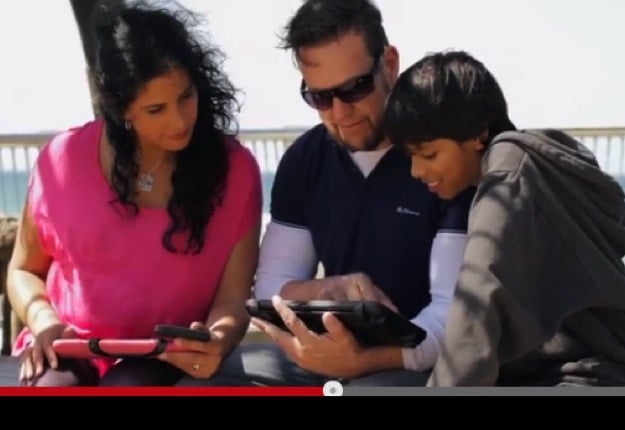

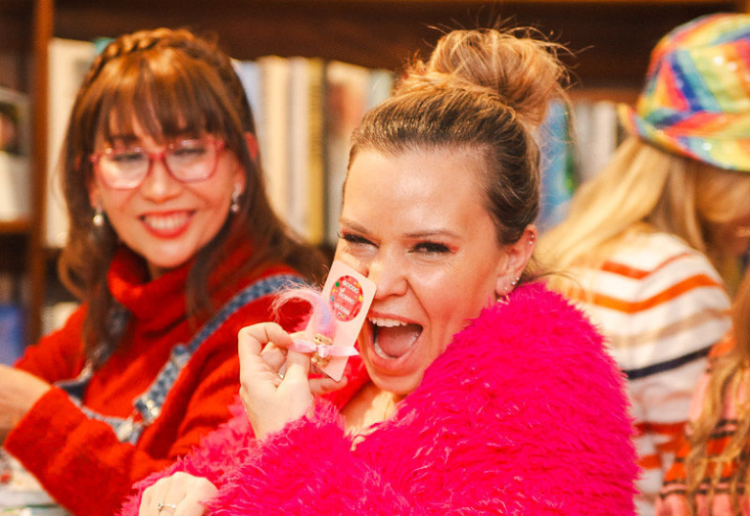

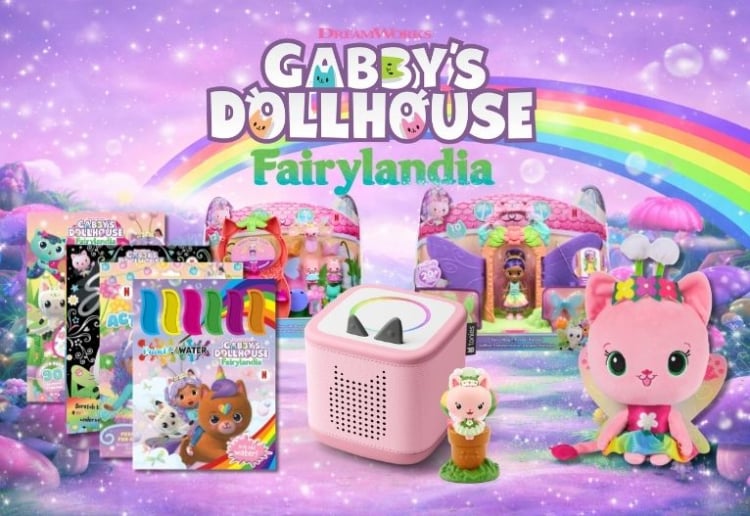
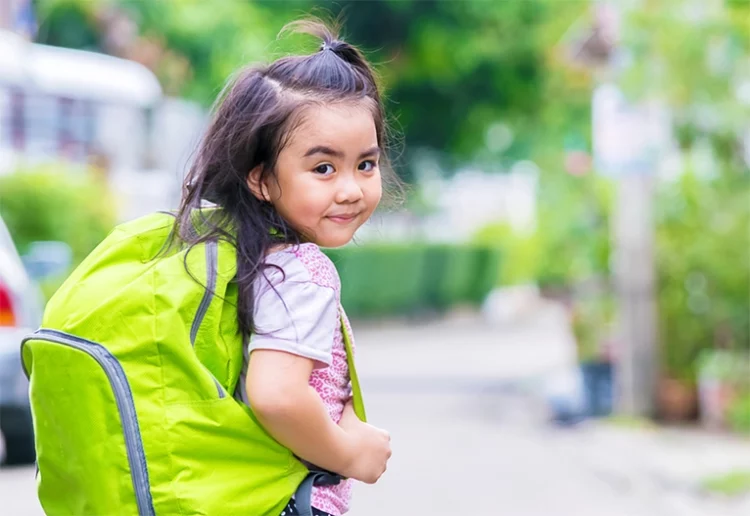

-

-
-
4littlemunchkins said
- 12 Oct 2015
-

-
-
mom81879 said
- 07 Sep 2015
-

-
-
mums-info said
- 30 May 2014
-

-
-
twinmum2 said
- 22 May 2014
-

-
-
meimei said
- 21 May 2014
-

-
-
sisterhood27 said
- 20 May 2014
-

-
-
shareem said
- 18 May 2014
-

-
-
christial said
- 16 May 2014
-

-
-
scottie said
- 15 May 2014
-

-
-
tamandimmy said
- 13 May 2014
-
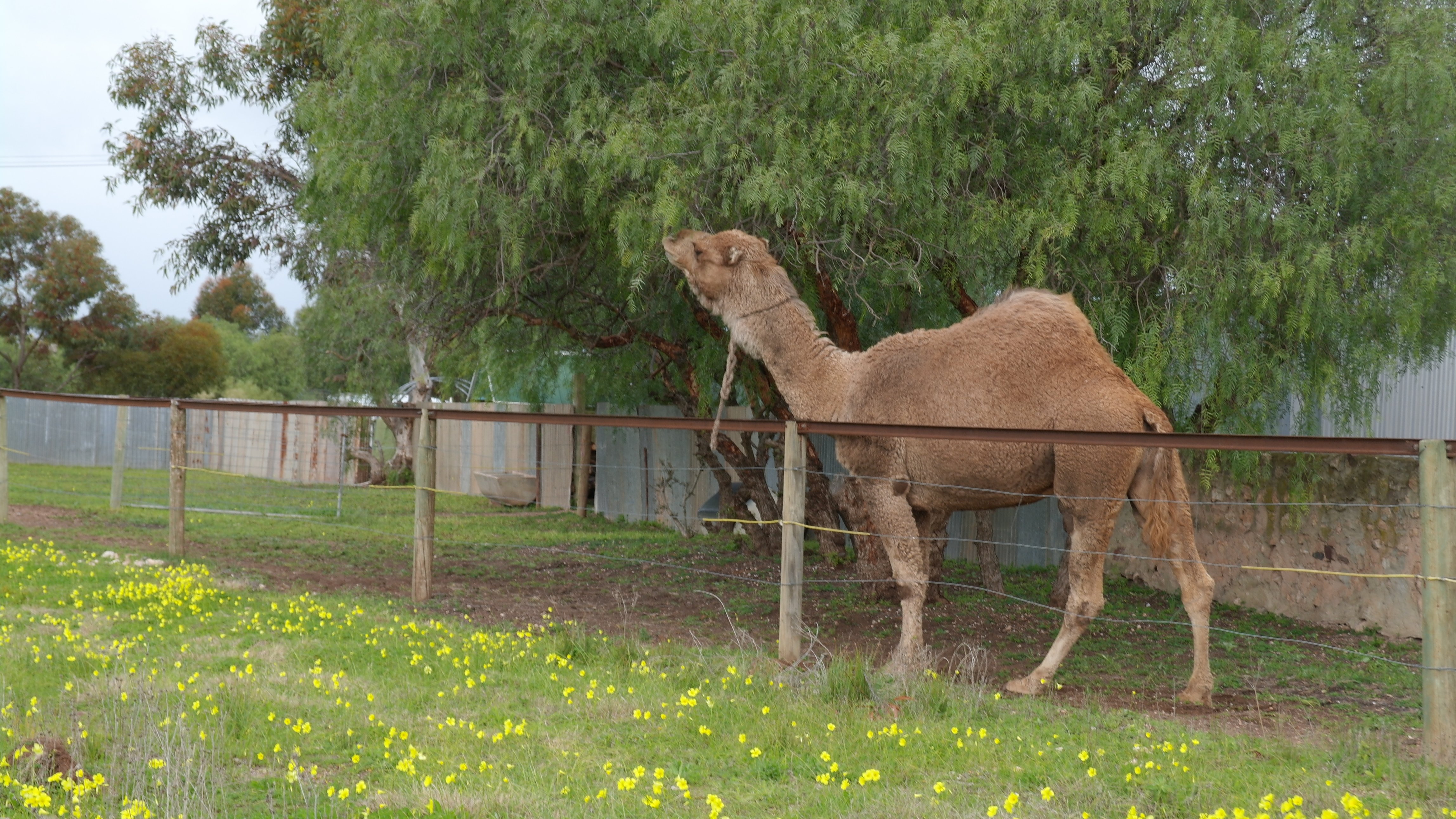
-
-
coppin85 said
- 13 May 2014
-

-
-
Kelly said
- 13 May 2014
-
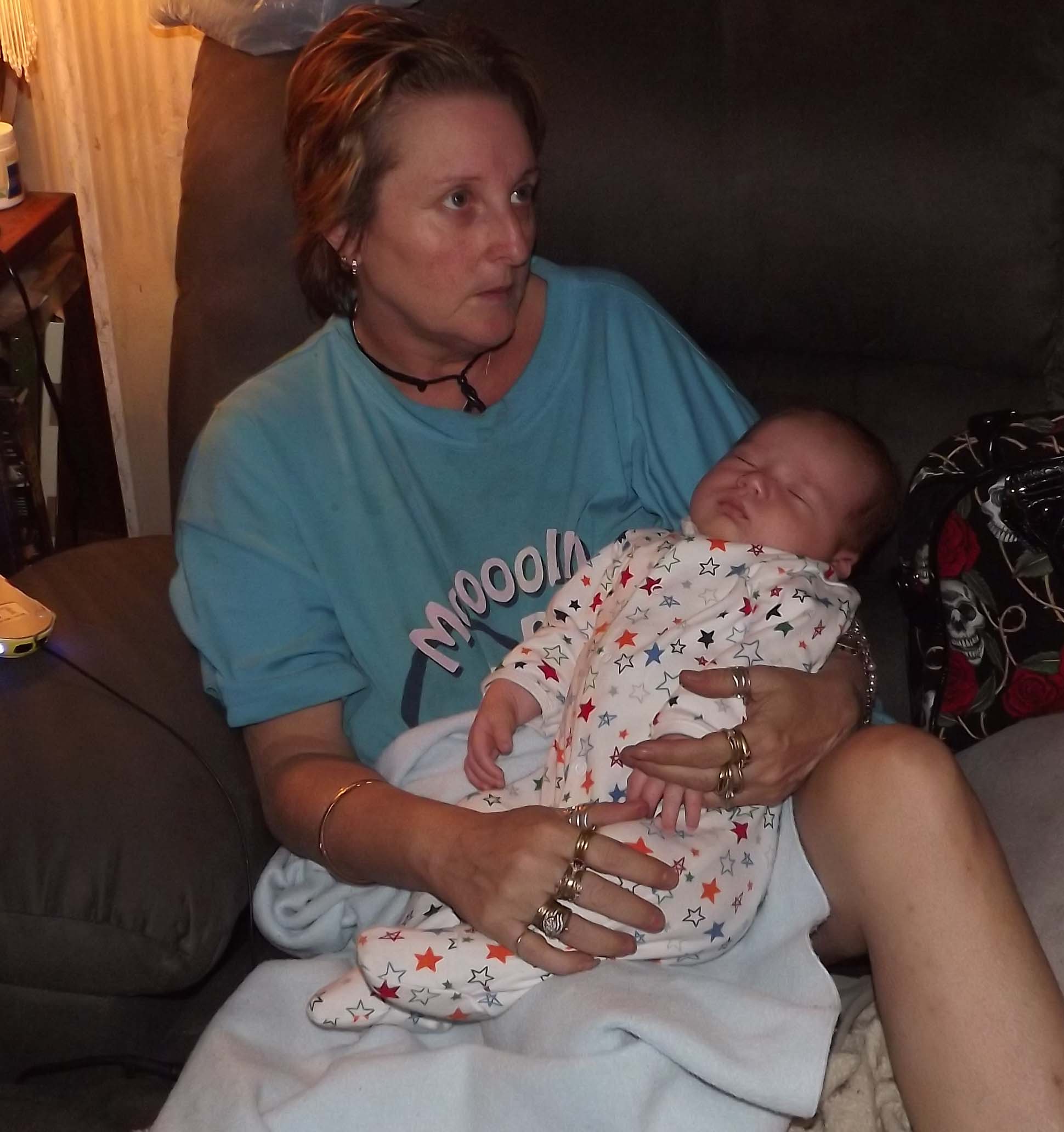
-
-
arcticwynta said
- 13 May 2014
Post a comment10:22 pm
9:04 am
6:59 pm
3:32 pm
4:38 pm
11:41 am
10:20 pm
10:42 pm
9:51 am
8:20 pm
8:10 pm
7:10 pm
4:24 pm
To post a review/comment please join us or login so we can allocate your points.